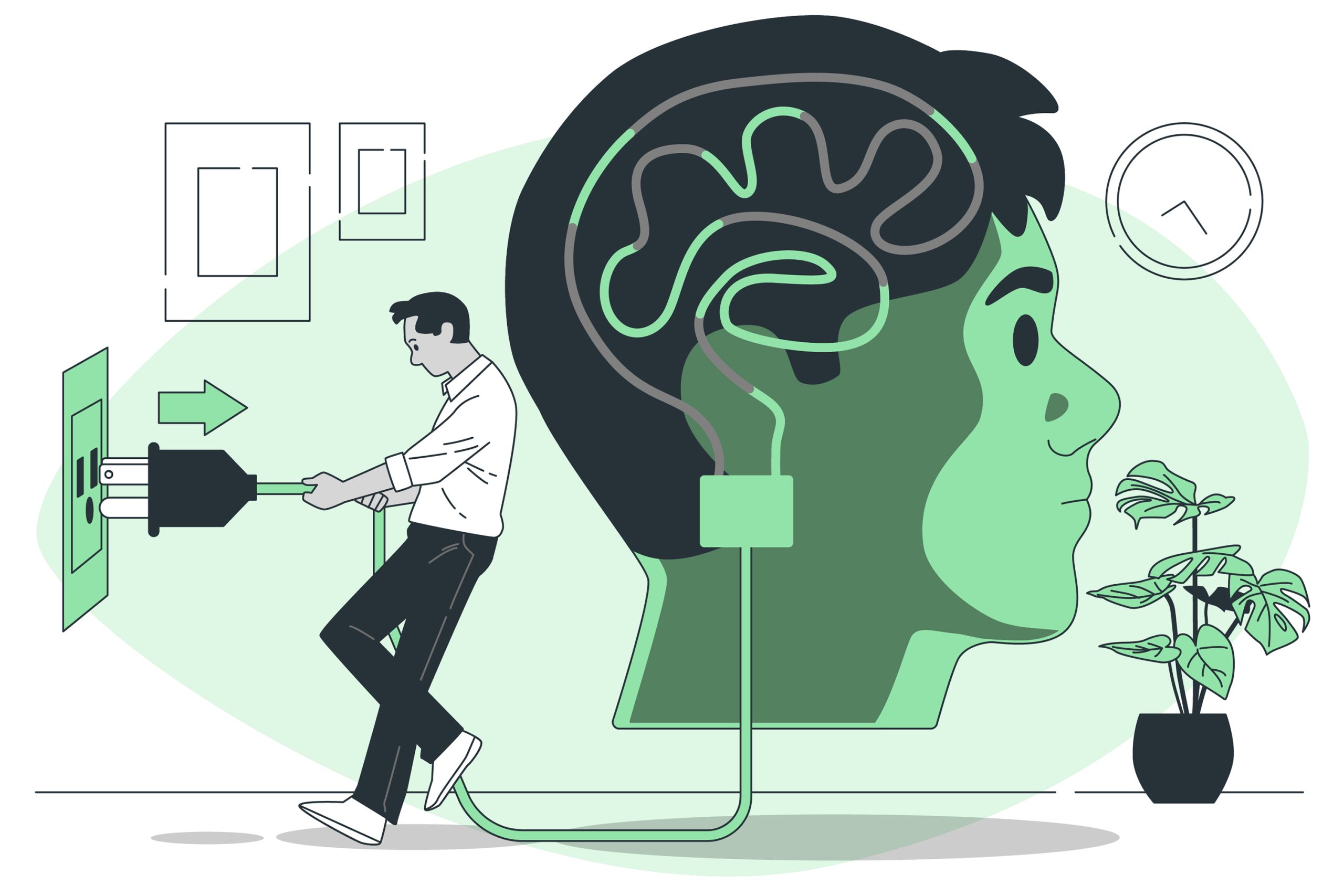
How to Stop Dissociating
Dissociation can feel like being adrift in a sea of confusion, disconnected from oneself and surroundings. It’s a defense mechanism that our minds employ to cope with overwhelming stress or trauma. While it serves as a survival strategy, prolonged dissociation can hinder daily functioning and quality of life. Here’s how to stop dissociating and reclaim control over your mind.
Understanding Dissociation
Dissociation is often misunderstood and misinterpreted, leading to feelings of isolation and frustration. It can manifest in various forms, such as spacing out, feeling detached from reality, or experiencing amnesia. Understanding the triggers and symptoms is the first step toward managing dissociation. By recognizing the warning signs, you can intervene before dissociation spirals out of control.
Grounding Techniques
Grounding techniques are invaluable tools for combating dissociation. They help anchor you to the present moment, preventing your mind from wandering into dissociative states. Simple techniques like deep breathing, focusing on sensory experiences, or repeating affirmations can bring you back to reality. Experiment with different grounding methods to find what works best for you.
Seek Professional Help
Seeking professional help is crucial for addressing dissociation effectively. Therapists specializing in trauma and dissociative disorders can provide valuable insights and therapeutic techniques to help you navigate your experiences. Cognitive-behavioral therapy (CBT), dialectical behavior therapy (DBT), and eye movement desensitization and reprocessing (EMDR) are among the approaches commonly used to treat dissociation.
Self-Care Practices
Self-care plays a pivotal role in managing dissociation. Engage in activities that promote relaxation and stress relief, such as meditation, yoga, or spending time in nature. Prioritize adequate sleep, nutrition, and exercise to support your overall well-being. Establishing healthy boundaries and practicing assertiveness can also prevent triggers that may lead to dissociation.
Addressing Underlying Trauma
Dissociation often stems from unresolved trauma buried deep within the subconscious. Addressing these underlying issues is essential for long-term healing and recovery. Through therapy, journaling, or support groups, explore and process past traumas in a safe and supportive environment. By confronting and integrating these experiences, you can gradually reduce dissociative symptoms.
Building a Support Network
Building a strong support network is instrumental in overcoming dissociation. Surround yourself with understanding friends, family members, or support groups who can offer empathy and encouragement. Sharing your experiences with trusted individuals can alleviate feelings of isolation and provide validation. Knowing that you’re not alone in your journey can be immensely comforting.
Embracing Mindfulness
Mindfulness practices cultivate awareness and presence, making them powerful antidotes to dissociation. By practicing mindfulness meditation, you can train your mind to observe thoughts and emotions without judgment. Mindful activities such as walking, eating, or even washing dishes can anchor you in the present moment, reducing the likelihood of dissociative episodes.
Reclaiming Your Reality
Dissociation may seem like an insurmountable challenge, but with the right tools and support, you can reclaim control over your mind and live a fulfilling life. By understanding the triggers, employing grounding techniques, seeking professional help, practicing self-care, addressing underlying trauma, building a support network, and embracing mindfulness, you can stop dissociating and rediscover the joy of being present in the moment. Remember, healing is a journey, and every step forward brings you closer to wholeness.


